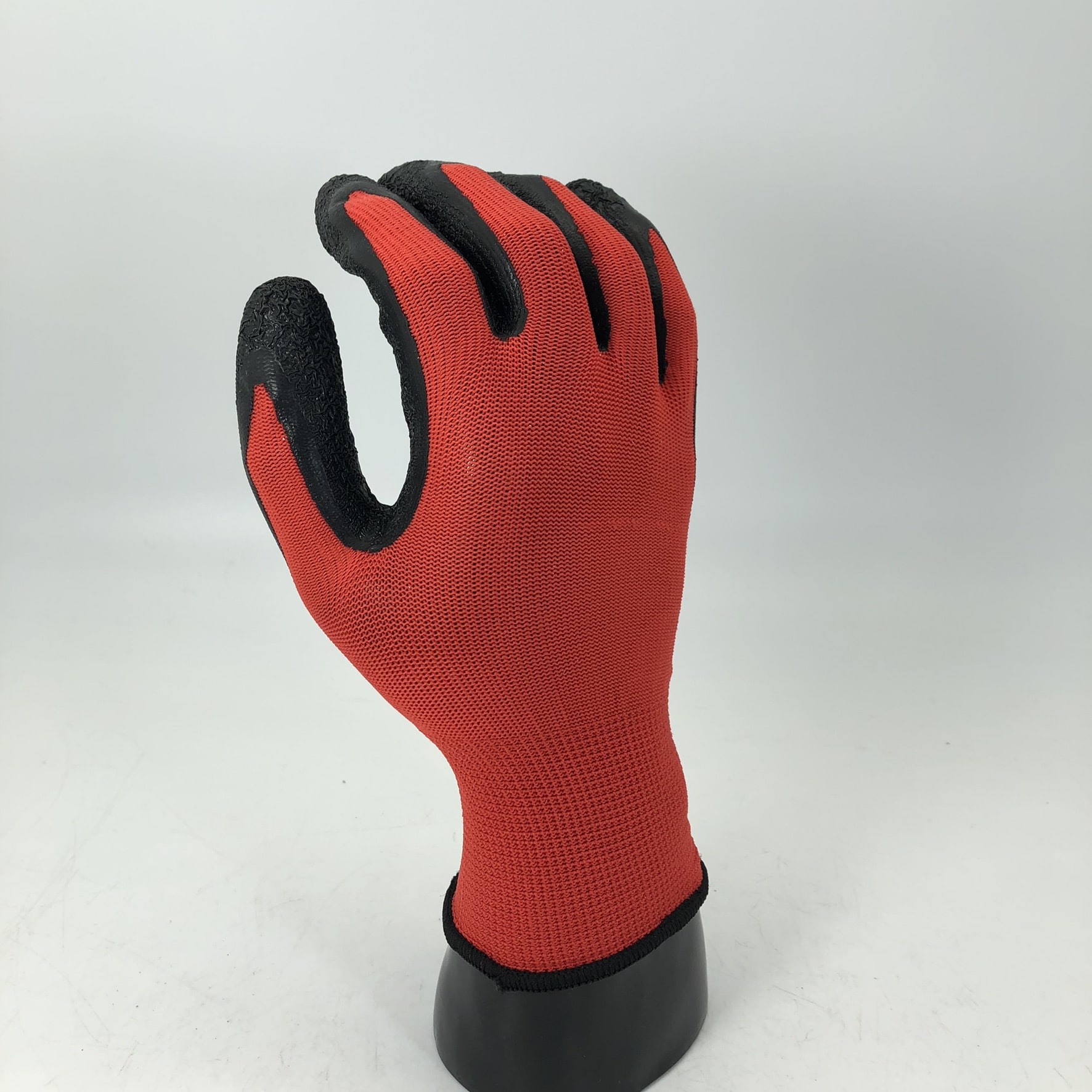 Free Shipping on Order Over $50
Anything Under $50 Flat Fee of $9.99
Track Your Order
Free Shipping on Order Over $50
Anything Under $50 Flat Fee of $9.99
Track Your Order
 Free Shipping on Order Over $50
Anything Under $50 Flat Fee of $9.99
Track Your Order
Free Shipping on Order Over $50
Anything Under $50 Flat Fee of $9.99
Track Your Order

Workers in the automotive industry have to deal with harsh chemicals, oils and greases. These hazardous elements present a safety hazard and are often hard to wash off skin in most cases. For instance, transmission fluids (brake fluids) are probably the most dangerous elements found in vehicles. After prolonged contact, there is a good chance that these fluids can permeate the skin, resulting in life-threatening health diseases that may include nerve damage, paralysis and more. Apart from that, if these fluids come in close contact with workers’ eyes, it could cause irritation, swelling or redness in the eyes. This is why, in the automotive industry, workers are often found wearing protective automotive gloves. They are designed to provide protection against these harmful chemicals and fluids while working on vehicles. While wearing gloves in the automotive industry is common, there are debates around which glove material is best.
When it comes to choosing protective gloves, most people will select latex as they are moderately resistant to puncture, tear and conform well to the wearers’ hands. While working with rough surfaces under the hood of vehicles, mechanics will need a glove that will not tear easily; the lower puncture-resistant of latex means these gloves can be punctured in the worst-case scenario.
In addition, when latex gloves come in contact with oil, gasoline or grease, they do not live up to the workers’ safety expectations. As a result, they look for a more durable material that lasts longer.
Latex-free, nitrile gloves are a suitable and more durable choice for mechanics, as they do not have to worry about latex allergies (if any), which could lead to multiple symptoms that can prevent the worker from carrying his work as a technician. The symptoms include itching, redness, rashes, hives and more.
Nitrile is crafted using three monomers, including carboxylic acid, acrylonitrile, and butadiene. They do a lot better job of resisting the chemicals from getting in contact with skin. As a result, workers have a lot less exposure to hazardous elements while working. In addition, nitrile, as a material, has excellent tear resistance provided by carboxylic acid.
They are also five times puncture resistant than latex, which is a crucial element for auto mechanics that regularly deal with sharp objects at their workplaces. The butadiene supports the flexibility of the gloves, which is the very reason why mechanics would go for this kind of material.
Nitrile gloves are often preferred over latex gloves and are suitable for automotive applications, especially if they are heavy-duty. So, if you are looking to buy a more durable pair of gloves for your employees, please visit the Glovemart website and weigh your options.